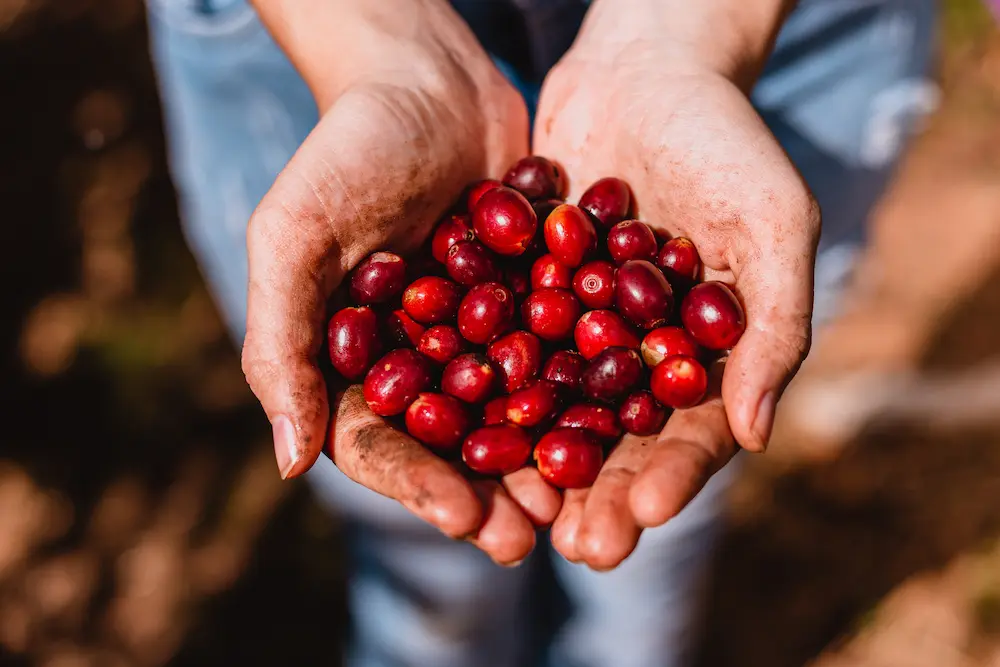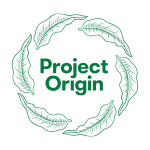
You already know – workplace health and safety is important! It is important in every occupation, in every location. Everyone has a right to a safe and healthy working environment, including in the coffee supply chain… including workers, farmers, producers and pickers at a coffee farm. (Surprise, surprise – we’re here to advocate for the workers at origin again.)
This is what the Vision Zero Fund is about. It is part of an International Labor Organisation (ILO) flagship programme that is building a culture of safe, healthy work. And on this International Coffee Day, we want you to read about it too. #CoffeePeople
The ILO released a collective action kit this July that very clearly outlines the goals we should be aiming to achieve, and the actions various individuals, parties, and government boards can take towards achieving these goals. You can read the collective action kit in full here.
It should be a no-brainer – we should be supporting a healthy working environment. But it is not always easy to know, from your part of the world, how people in other parts of the world are working and if their conditions are reasonable or even considered. It can come down to trust – do you trust that the people you are working with are treating their workers with respect, and it also comes down to access! Do they even have access to equipment or knowledge or facilities that can allow for a safer working environment? Even if you do not work directly with all people along the coffee supply chain, there are still things you can do to promote the key messages in this kit and further the reach of understanding on this global topic. Read below for suggestions.
Here are the key messages of the #CoffeePeople campaign outlined in this kit:
We love these goals! The ILO through the Vision Zero Fund has already helped 3.5 million workers in the coffee supply chain through projects in countries such as Laos, Vietnam, Honduras, Colombia and Mexico. Promoting a healthy, safe, and sustainable working environment can only benefit… everyone!
So in the spirit of promotion, and keeping to our values of community and sustainability, here is how we have been contributing towards the goals of promoting healthy and safe working environments, since the beginning of our time as a coffee community business.
In addition to these Project Origin contributions, our producing and exporting partners also work hard themselves to encourage returning workers for a growing community, education towards best practices, both for quality and sustainability in environment and health, and support their local communities in a variety of ways. We support them all! Some of these partners include:
We also encourage chemical free agriculture where possible or appropriate. We cannot say this should be for every farm, because the need to remain on top of plant diseases and pests is important too, and we should never punish a producer for using chemicals to keep their farm producing. But if we can support them through natural chemical options, or share research and knowledge on staying ahead of the curve-ball, then this is a great goal to push towards reduced chemical usage, which does impact the health of workers.
So what can you do to help this movement and goal of increasing the safety and health conditions of workers at origin?
Here’s to celebrating this International Coffee Day with a purpose of improving the international coffee community – because that’s what we are: a community.
ابق على اطلاع دائم بمشاريع Project Origin الخاصة بنا وأحدث واردات البن الأخضر المتخصص
نعترف بالمالكين التقليديين للأرض التي نعمل عليها ، وهم شعب نغوناوال. نحن نقدم احترامنا لكبار السن في الماضي والحاضر والناشئ.
